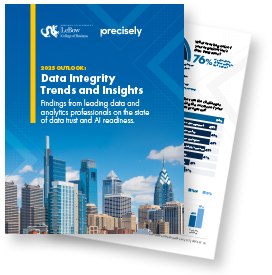Unprecedented economic uncertainty has disrupted businesses like never before, in financial services and beyond including a sustainable compliance strategy.
40% of data and analytics professionals report that their organizations have decreased staff/resources as a result of economic downturn, and 37% report a decrease in budget, according to the 2023 Data Integrity Insights and Trends Report, published in partnership between Precisely and Drexel University’s LeBow College of Business.
In the face of these staff and budget constraints, it was found that companies are increasing investments and accelerating adoption of automation and other technologies – showing that there’s a stronger need to accomplish more with fewer resources.
That’s where a sustainable compliance strategy comes into play.

What is Sustainable Compliance?
Sustainable compliance aims to address current macro trends and optimize investments in the future – becoming more proactive rather than reactive when faced with ongoing shifts.
We’ve identified six core pillars of sustainable compliance:
- A centralized knowledge repository – collecting information, democratizing it, and gaining a single source of truth.
- Identifying relevant, in-scope data for the compliance area at hand. Where in the organization does that data live?
- Assessing the impact – if a change is made to the data, how does that affect your overall compliance landscape?
- Visibility into business and technical quality rules. What does “good” look like?
- Data observability – understanding and informing/becoming informed of any changes or exceptions occurring within your compliance data. This creates a more proactive point of view and enables you to address issues faster.
- Monitoring and reporting – sending out notifications when exceptions occur so that quality checks can take place. This is also important when there is a change or proposed change down the pipeline for any compliance areas – data owners or others accountable for that data can be made aware of potential impacts.
2025 Outlook: Essential Data Integrity Insights
What’s trending in trusted data and AI readiness for 2025? The results are in!

Why is Sustainable Compliance Important?
With the six components of sustainable compliance in mind, it becomes clear that compliance isn’t only a requirement – but an opportunity to optimize your data program and create operational efficiency and better risk management practices.
There are various use cases for sustainable compliance. Here are a few of the most common:
- Regulatory requirements – GDPR, CCPA, anti-money laundering (AML), etc.: understanding and managing customers and their data. Where does their data exist within the business? Are they in different data sources? Does a transaction look suspicious?
To know, you need data quality components – that’s where a data management and compliance program become even more critical for financial services organizations.
- Sanctions and fraud: to know which businesses you can and can’t do business with, a data quality program is essential. The same goes for fraud detection – you need firm data quality and data governance controls to answer questions around internal and external threats.
- ESG (environmental, social, governance): a top-of-mind topic for many businesses – and the use case here is right in its name – governance. You need to understand the governance of the data throughout your business and make sure it adapts to your ESG program requirements.
Regardless of what your unique needs are, a sustainable framework for compliance that’s flexible and adaptable is essential for managing the data that matters most and staying agile with ever-changing regulations. That’s a win for both internal efficiency and regulator satisfaction.
But what kind of tools do you need to establish your framework and ensure long-term success?
Achieving Sustainable Compliance with the Precisely Data Integrity Suite
Sustainable compliance in financial services requires data integrity – accurate, consistent, and contextualized data. Precisely is the global leader in data integrity, and our Data Integrity Suite can help tackle your most challenging use cases.
The Suite delivers a roadmap for sustainable compliance with high-quality, trusted data – enabling both sustainable compliance and more powerful data-driven decisions.
Here are the components of data integrity at a glance:
- Data integration: accessing data that resides in different parts of the organization and combining it into a single unified view
- Data observability: Prevent business disruption and costly downstream data and analytics issues using intelligent technology.
- Data governance: gaining greater visibility and accountability into data policy, meaning, lineage, and impact
- Data quality: confidence that data is accurate, consistent, and fit for purpose across operational and analytical systems.
- Location: appending location-based information to customer information for greater insight and compliance.
- Data enrichment: enriching your business data with expertly curated datasets for deeper analysis and risk evaluation.
Precisely the global leader in data integrity, in partnership with the Center for Applied AI and Business Analytics at Drexel University’s LeBow College of Business, surveyed 565 data and analytics professionals on their organizations’ data strategies, priorities, challenges and the state of data trust and AI readiness. The results are in, read the report today! 2025 Outlook: Essential Data Integrity Insights







